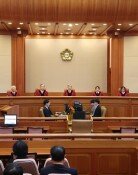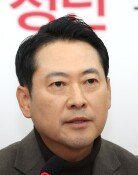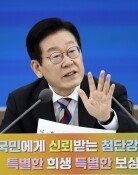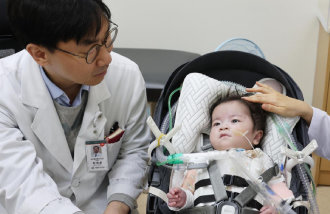[Editorial] The Unemployed Arent Having a Happy Chuseok
[Editorial] The Unemployed Arent Having a Happy Chuseok
Posted September. 16, 2005 06:34,
Chuseok, the Korean Thanksgiving Day, is just several days away. But for the unemployed, this years Chuseok is no cause for celebration.
August employment statistics released on September 15 show that 354,000 Koreans aged between 15 and 29 are without jobs. The statistics doesnt even reflect the 300,000 young Koreans who are preparing themselves for jobs. So the actual number of the young unemployed, including the economically inactive population, numbers more than 650,000. The youth unemployment rate, therefore, should be reported as around 13 percent, not 7.4 percent.
The number of people who landed jobs in August has increased 465,000 year on year, and the official unemployment rate is still 3.6 percent. But when the number of day laborers who live with job insecurity and 148,000 new discouraged workers who gave up searching for jobs in August are factored into sum, the actual unemployment rate is estimated to be hovering around 15 percent. The number of new, discouraged workers in August hit a record high in 55 months.
All in all, the economically inactive population, who are unemployed and have given up looking for work numbers a staggering 14,740,000. This means that an enormous pool of human resources is being wasted.
That explains in part why the nations jobless rate remains low while many Koreans are having a hard time landing jobs. The employment rate indicates the number of employed people among the economically active population aged 15 or older. The nations employment rate stands at 60 percent, which ranks at the bottom among 30 OECD member nations. In Korea, women are not active in the labor market, middle-aged or senior citizens retire early, and there are few jobs for young Koreans. All these factors will contribute to lowering the national competitiveness in the future. If this is left unchecked, the nation as a whole will not be competitive.
In many countries, political performance is evaluated with employment rate. Administrations that successfully increase the number of jobs are praised, while those that fail to do so are dismissed despite great successes in other areas.
The constitution stipulates that people have the right to work and that a government should make efforts to increase employment. If an administration fails to create jobs, its eloquent rhetoric all means nothing.
We should question whether the Rob Moo-hyun administration has tried to share the pain being suffered by unemployed Koreans, especially ahead of Chuseok.







